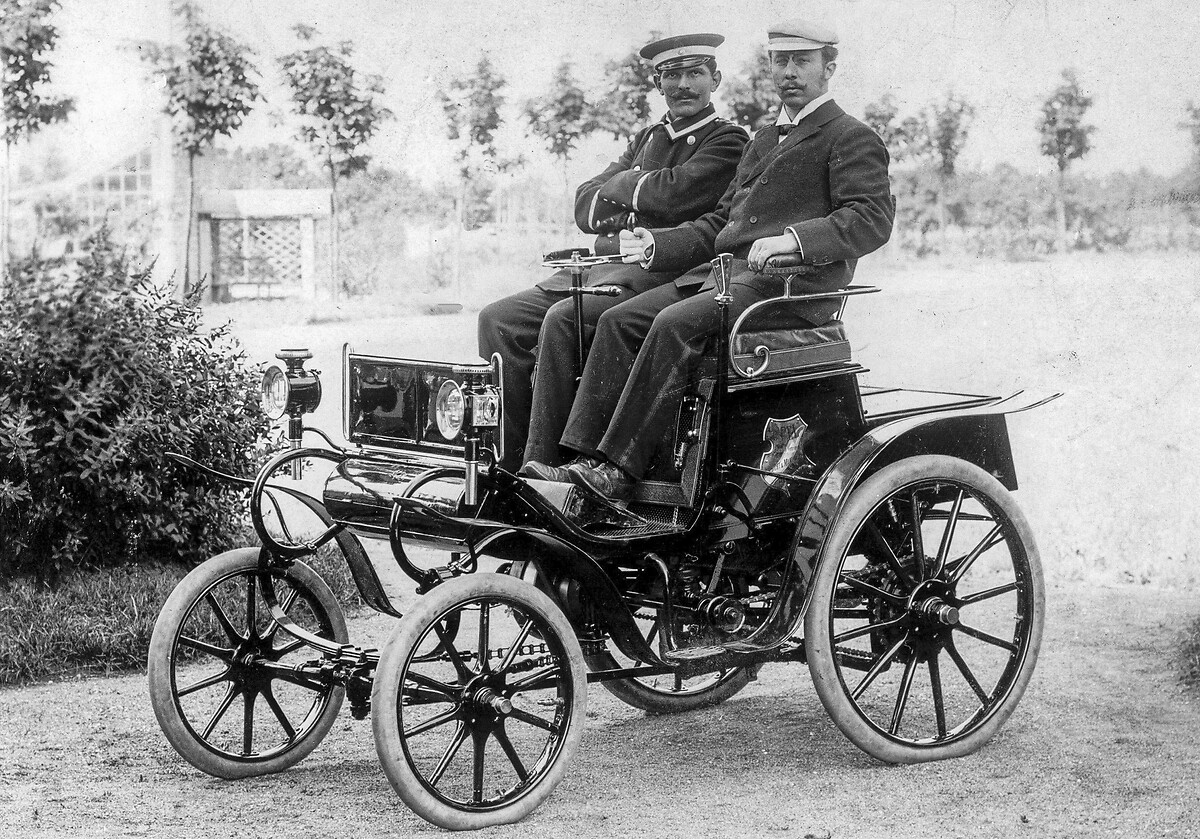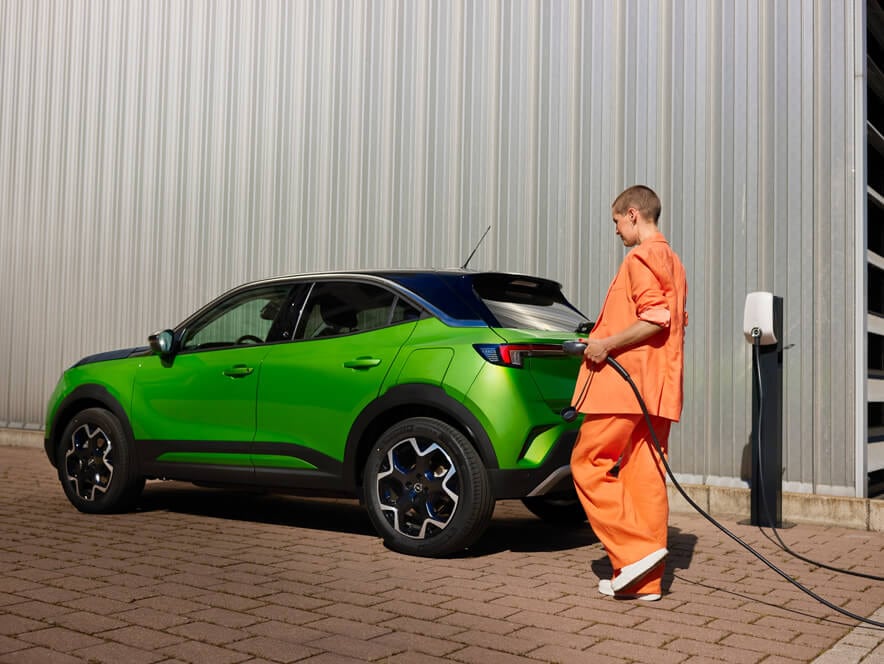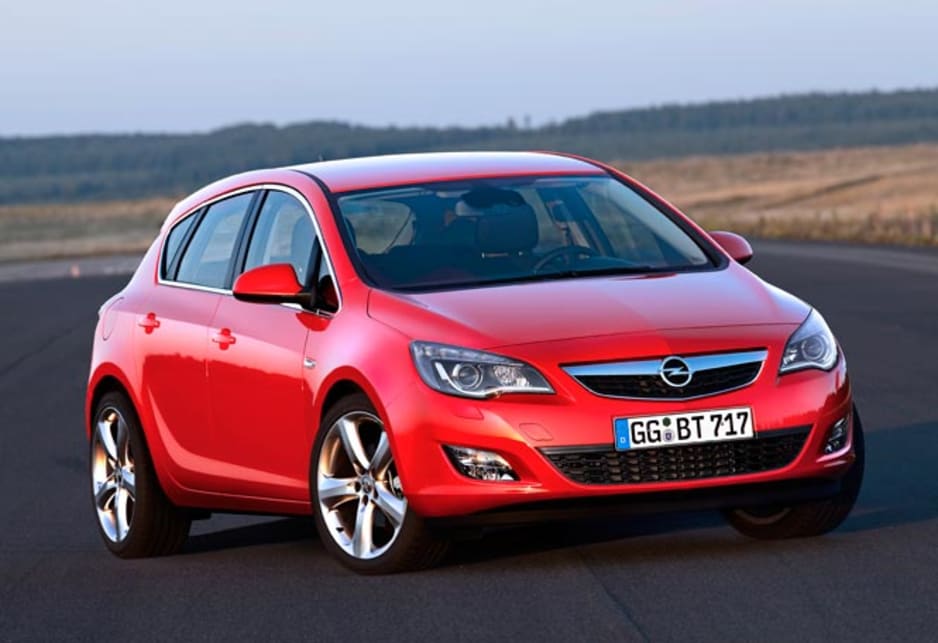Opel: A Legacy of Innovation and Automotive Excellence
Opel, a venerable name in the automotive industry, has carved out a niche for itself as a symbol of German engineering prowess and automotive innovation. Founded in 1862 by Adam Opel in Rüsselsheim, Germany, the company has traversed a rich and storied history, overcoming challenges and evolving with the times to become one of Europe's most respected automotive brands.
Early Years and Expansion: Adam Opel initially established the company as a manufacturer of sewing machines, quickly gaining recognition for his commitment to quality craftsmanship. However, it wasn't until the turn of the 20th century that Opel ventured into automobile production. In 1899, the company produced its first automobile, the Opel Patent Motor Car, signaling its entry into the burgeoning automotive market.
Adam Opel initially established the company as a manufacturer of sewing machines, quickly gaining recognition for his commitment to quality craftsmanship. However, it wasn't until the turn of the 20th century that Opel ventured into automobile production. In 1899, the company produced its first automobile, the Opel Patent Motor Car, signaling its entry into the burgeoning automotive market.
Throughout the early 1900s, Opel focused on refining its production processes and expanding its product lineup, establishing itself as a formidable force in the European automotive landscape. By the 1920s, Opel had become Germany's largest automobile manufacturer, a testament to its commitment to innovation and excellence.
Innovation and Technological Advancements: Opel has long been at the forefront of automotive innovation, pioneering numerous technological advancements that have shaped the industry. In 1931, the company introduced the world's first mass-produced car with a unitary body, the Opel Olympia, setting a new standard for vehicle design and engineering.
Opel has long been at the forefront of automotive innovation, pioneering numerous technological advancements that have shaped the industry. In 1931, the company introduced the world's first mass-produced car with a unitary body, the Opel Olympia, setting a new standard for vehicle design and engineering.
Throughout the ensuing decades, Opel continued to push the boundaries of innovation, introducing groundbreaking technologies such as fuel injection, electronic stability control, and adaptive headlights. These advancements not only enhanced the performance and safety of Opel vehicles but also cemented the company's reputation as a leader in automotive engineering.
Global Expansion and Strategic Partnerships:
Opel's commitment to excellence and innovation has not gone unnoticed, attracting the attention of automotive giants around the world. In 1929, Opel became a subsidiary of General Motors (GM), marking the beginning of a fruitful partnership that would span decades.
Under GM's ownership, Opel expanded its global footprint, establishing a presence in markets across Europe and beyond. The company's reputation for producing high-quality vehicles resonated with consumers worldwide, driving demand for Opel cars and solidifying its position as a global automotive powerhouse.
Challenges and Resilience: Like many automotive manufacturers, Opel has faced its fair share of challenges over the years. Economic downturns, shifting consumer preferences, and increased competition have tested the company's resilience, prompting it to adapt and innovate in order to thrive in a rapidly changing industry.
Like many automotive manufacturers, Opel has faced its fair share of challenges over the years. Economic downturns, shifting consumer preferences, and increased competition have tested the company's resilience, prompting it to adapt and innovate in order to thrive in a rapidly changing industry.
One of the most significant challenges in recent years came in 2009 when GM announced plans to sell Opel as part of its restructuring efforts in the wake of the global financial crisis. However, after a series of negotiations, GM ultimately decided to retain ownership of Opel, reaffirming its commitment to the brand and its potential for long-term success.
Looking Ahead:
As Opel looks to the future, the company remains committed to its core principles of innovation, quality, and sustainability. With an eye toward emerging technologies such as electric and autonomous vehicles, Opel is poised to continue leading the way in automotive innovation, ensuring that it remains at the forefront of the industry for years to come.
In conclusion, Opel's legacy is one of innovation, resilience, and excellence. From its humble beginnings as a manufacturer of sewing machines to its current status as a global automotive powerhouse, Opel has continually pushed the boundaries of what is possible, shaping the automotive industry and delighting consumers around the world with its exceptional vehicles. As the company embarks on its next chapter, one thing is clear: the spirit of innovation that has defined Opel for over a century will continue to drive it forward into a future full of promise and possibility.
Embracing Electric Mobility: In recent years, Opel has embraced the shift towards electric mobility with a series of bold initiatives aimed at reducing its environmental footprint and meeting the evolving needs of consumers. One of the company's standout achievements in this regard is the introduction of the Opel Corsa-e, a fully electric version of its popular Corsa model.
In recent years, Opel has embraced the shift towards electric mobility with a series of bold initiatives aimed at reducing its environmental footprint and meeting the evolving needs of consumers. One of the company's standout achievements in this regard is the introduction of the Opel Corsa-e, a fully electric version of its popular Corsa model.
The Corsa-e represents a significant milestone for Opel, signaling its commitment to sustainability and its willingness to embrace new technologies. With its impressive range, rapid charging capabilities, and dynamic performance, the Corsa-e has garnered widespread acclaim and is helping to usher in a new era of electric mobility for the brand.
In addition to the Corsa-e, Opel has announced plans to electrify its entire product lineup by 2024, further solidifying its position as a leader in the transition to electric vehicles. This ambitious undertaking reflects Opel's dedication to sustainability and its desire to shape the future of mobility in a positive and environmentally responsible way.
Focus on Connectivity and Digitalization: In addition to electrification, Opel is also placing a strong emphasis on connectivity and digitalization, recognizing the importance of these technologies in shaping the future of the automotive industry. The company has invested heavily in developing advanced infotainment systems, connectivity features, and digital services aimed at enhancing the driving experience and providing greater convenience for consumers.
In addition to electrification, Opel is also placing a strong emphasis on connectivity and digitalization, recognizing the importance of these technologies in shaping the future of the automotive industry. The company has invested heavily in developing advanced infotainment systems, connectivity features, and digital services aimed at enhancing the driving experience and providing greater convenience for consumers.
One of the most notable examples of Opel's commitment to connectivity is the OpelConnect system, which allows drivers to access a range of services and features directly from their smartphone or other connected devices. From remote vehicle diagnostics and maintenance alerts to real-time navigation and emergency assistance, OpelConnect offers a seamless and intuitive way for drivers to stay connected and informed while on the road.
Continued Commitment to Quality and Innovation: Throughout its long and storied history, Opel has remained steadfast in its commitment to quality, innovation, and customer satisfaction. Whether through the introduction of groundbreaking technologies, the development of environmentally friendly vehicles, or the implementation of advanced connectivity features, Opel continues to push the boundaries of what is possible in the automotive industry.
Throughout its long and storied history, Opel has remained steadfast in its commitment to quality, innovation, and customer satisfaction. Whether through the introduction of groundbreaking technologies, the development of environmentally friendly vehicles, or the implementation of advanced connectivity features, Opel continues to push the boundaries of what is possible in the automotive industry.
Looking ahead, the future appears bright for Opel as it continues to evolve and adapt to meet the challenges and opportunities of an ever-changing marketplace. With its focus on electrification, connectivity, and sustainability, Opel is well-positioned to thrive in a future where innovation and technological advancement are more important than ever before.
In conclusion, Opel's journey is one of resilience, innovation, and forward-thinking. From its humble beginnings as a manufacturer of sewing machines to its current status as a leader in the automotive industry, Opel has continually evolved and adapted to meet the needs of consumers and embrace the challenges of a rapidly changing world. As it looks to the future, Opel remains committed to its core values of quality, innovation, and customer satisfaction, ensuring that it will continue to delight drivers around the world for generations to come.








































